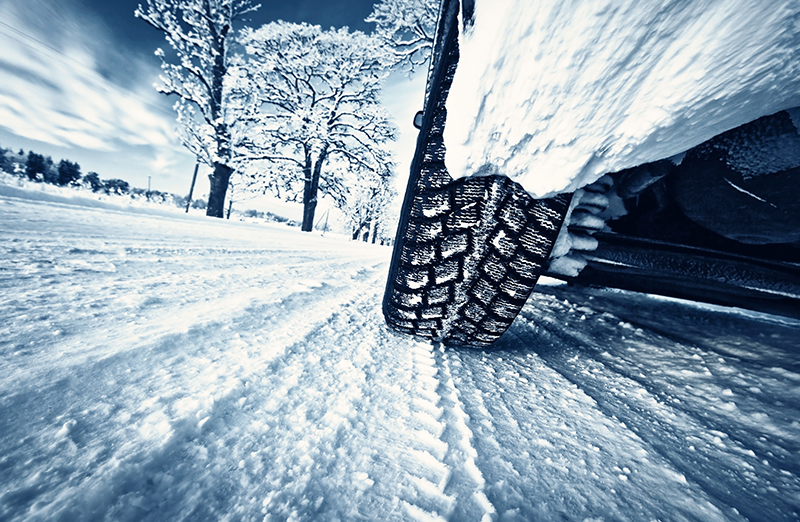“Winter is coming…” Yes, again. And along with it, all kinds of road dangers and car troubles. Now is the final time for a car tune-up to keep it in shape and face winter avoiding any breakdowns.
Nonetheless, if you missed fall car care, you are still in time to protect your car from the nasty weather and the always harmful salty roads. In fact, even if your car is in optimal conditions, road salt can have damaging irreversible effects on your cars interior and exterior.
In parts of the country with freezing winter temperatures, a mixture of salt and sand is frequently spread over roads before or after a snow or ice storm. Salt lowers water’s freezing point, causing any ice already formed to melt even when the air temperature remains below freezing.
The sand helps keep the salt in place, plus it adds a bit of traction to wet and often-slushy roads. It is stated that salt was first used in snow and ice control in the 1930s to make roads safe and passable by creating a lower water freezing temperature.
 Washing Tips
Washing Tips
The best way to maintain your car safe from rust caused by road salt is by applying wax coats and oiling its body before the winter arrives. Nonetheless, if you didn’t have time to take any precautions, there are a few tips you can use to protect it.
Some of the areas of vehicles that are most affected by rust are: body panels including doors, fenders, the hood, and tailgate. However, certain cars retain more moisture just due to the way they are designed.
Washing and keeping your car as clean as possible is essential for its survival. Salt that remains on a vehicle surface and undercarriage for any length of time can;
- damage your car’s clear finish.
- promote rust.
- affect the mechanics of your vehicle.
To prevent an irreversible damage on your car try to:
- Avoid driving through deep snow. Deep snow can become packed into the undercarriage and contribute to corrosion and even cause drivability problems. Also, avoid driving through large puddles of standing water where road salt collects.
- Wash your vehicle every 10 days or less and whenever the temperature reaches 40 degrees F. or higher.
- Wash your vehicle during the day to allow it to dry completely before freezing evening temperatures begin.
- Immediately after washing the vehicle, open and close all doors, the trunk, and other parts of the car with locks several times before parking it to prevent locks from freezing.
- Repair paint chips that are larger than the tip of a pen to avoid corrosion.
- Wax your vehicle at least every six months to give your vehicle a strong protective coating. Hopefully before winter begins, so your car paint will be protected from corrosive salt.
It is true that road salting is necessary to help people travel safely, but it is also true that it can cause major body and undercarriage damage to your vehicles unless you take extra care and precaution.
Keeping your car clean is an endless, exhausting routine during winter, but it is the least thing you can do to avoid irreversible damages. For our next post, we will go over some tips to add extra and effective protection to your car from the nasty weather.

